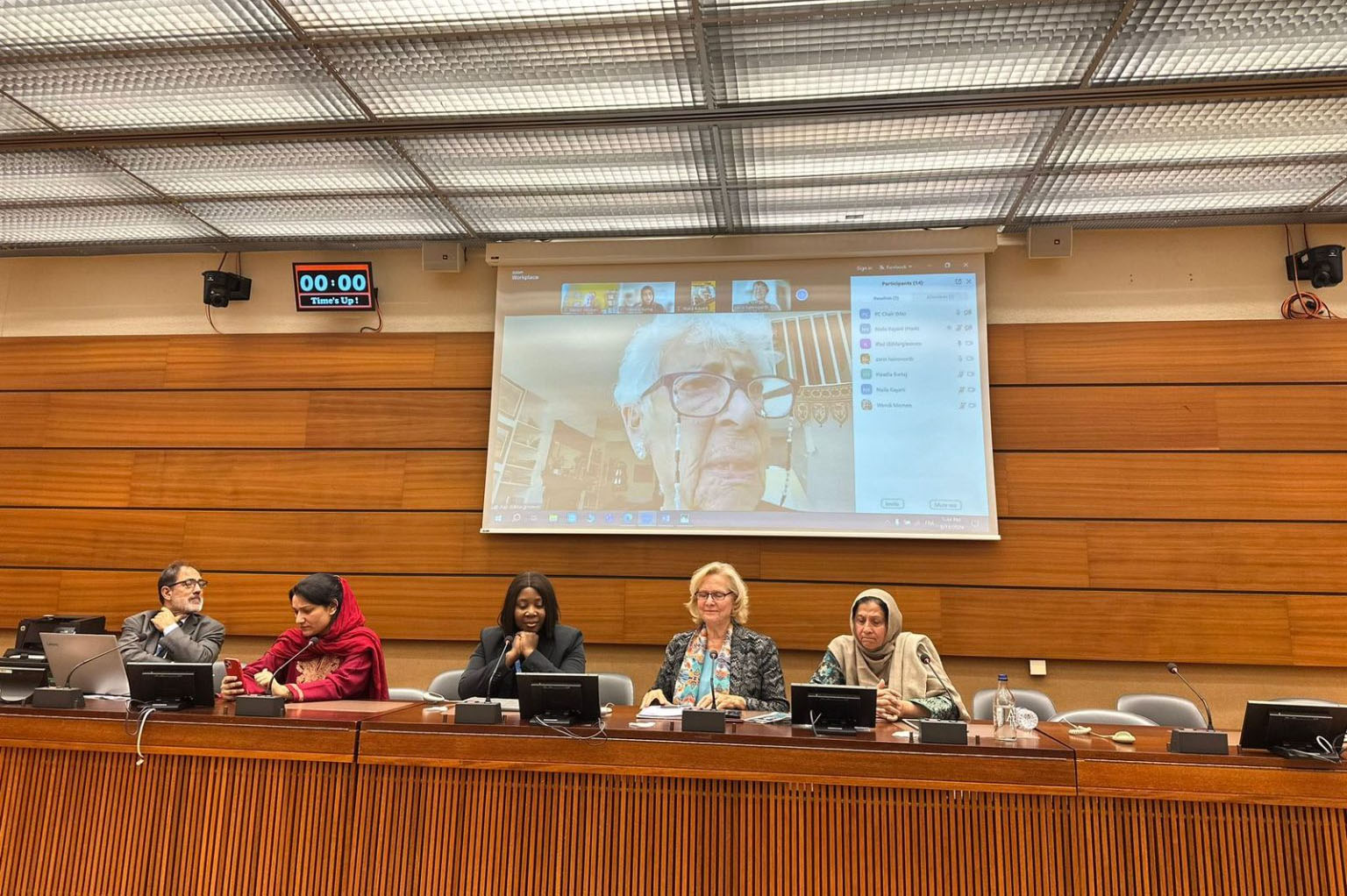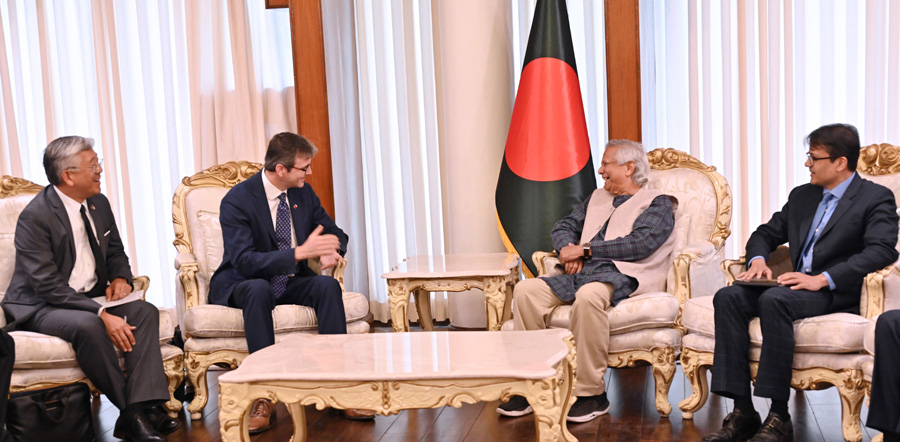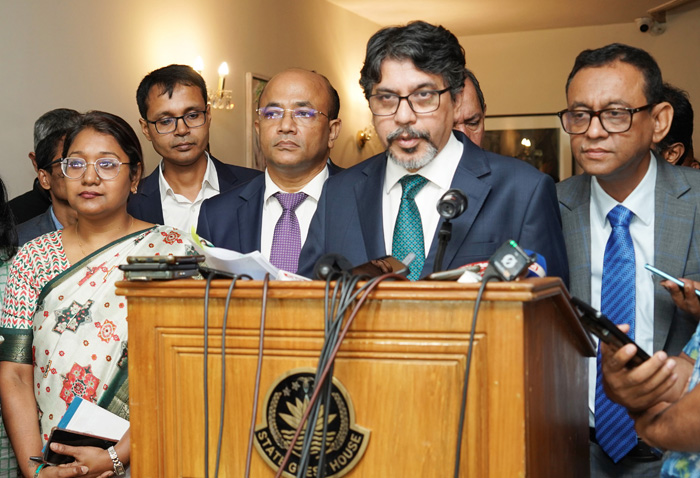
Online Desk: Speakers at a seminar in Geneva shed light on the severe impact of the Kashmir conflict on women, highlighting the profound suffering inflicted by Indian state terrorism.
The seminar titled “Women in Conflicts” was hosted by International Muslim Women’s Union in collaboration with Kashmir Institute of International Relations (KIIR), AHRAAM and other organizations. The event featured a distinguished panel of human rights activists, academicians, and international law experts, including Ms. Shamim Shawl, Ms. Caroline Handschin Moussir, Barrister Margaret Owen, Ms. Wendi Momen, Ms. ZarinHansworth, Ms. Settla Harris, Ms. HadiaSartaj, Ms. NailaAltafKanynie, and others.
The speakers emphasized the extreme vulnerability of Kashmiri women, who have endured significant physical and psychological trauma due to the ongoing conflict. They urged global human rights organizations to take urgent action to end the cycle of violence and mistreatment perpetrated by Indian forces against Kashmiri women.
They highlighted the ongoing trauma experienced by women in occupied Jammu and Kashmir, citing numerous heart-wrenching incidents of mass rape, including the infamous Kunan-Poshpora case. Despite over 32 years having passed since the horrific incident, the victims of Kunan-Poshpora remain without justice. The speakers lamented that the Indian government and the authorities at the helm of affairs in the occupied territory shamelessly tried to cover-up the incident and closed the case in October 1991. The closure of the case, they said, was the result of the heightened pressure from the Indian army.
Speakers condemned the use of sexual violence as a weapon of war by Indian forces, criticizing the Indian judiciary for failing to hold perpetrators accountable. They denounced the Indian government’s efforts to suppress the Kashmiri people’s struggle for self-determination through brutal and oppressive measures.
“It is ironic that a nation that portrays itself as progressive resorts to rape as a weapon of war,” they noted, adding that despite numerous reports of rape and harassment, no Indian military personnel have been held accountable for these heinous acts.
The seminar concluded with a call to the international community to urgently address the situation in Kashmir, holding the Indian government accountable for the ongoing crimes and ensuring justice for the victims. The speakers emphasized the need for continuous international vigilance over the situation in Kashmir, where violence and human rights abuses by the Indian trigger-happy forces persist unabated.







